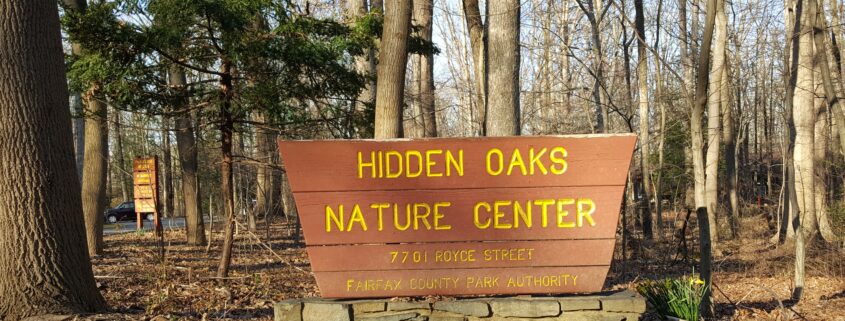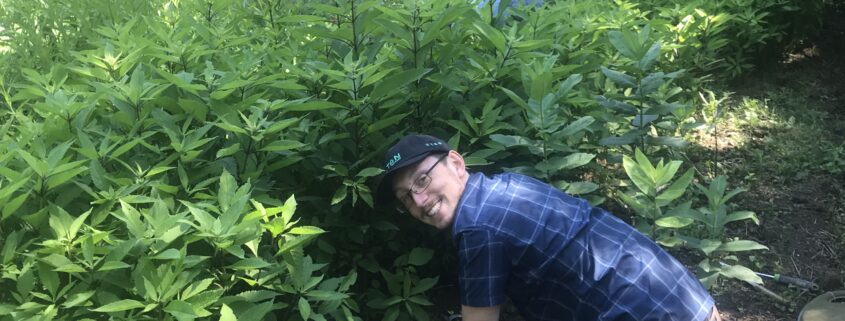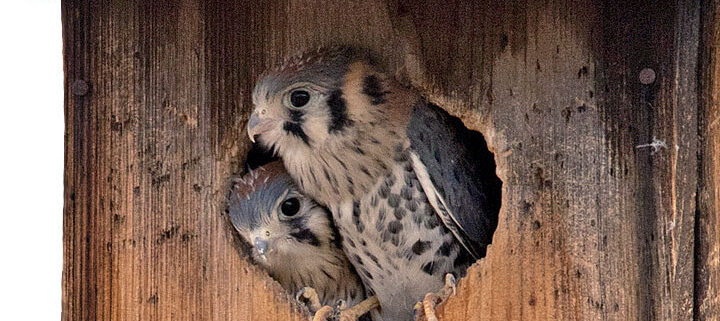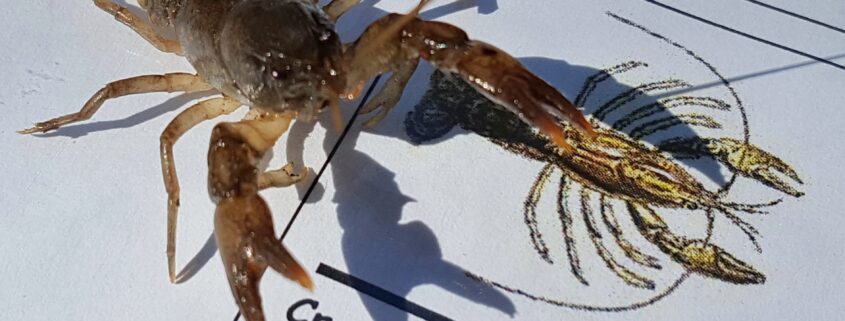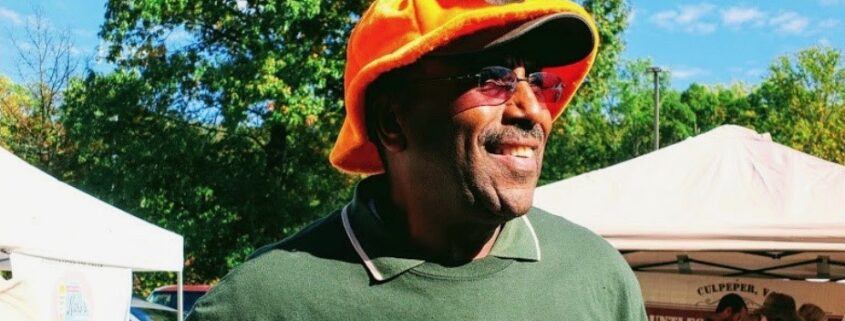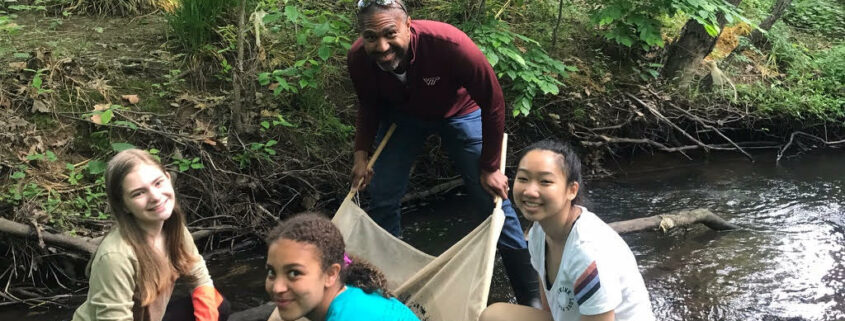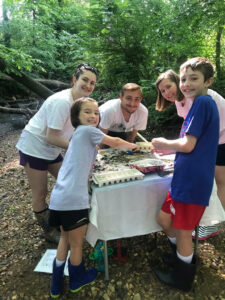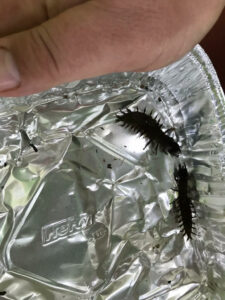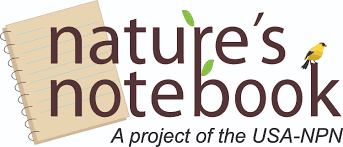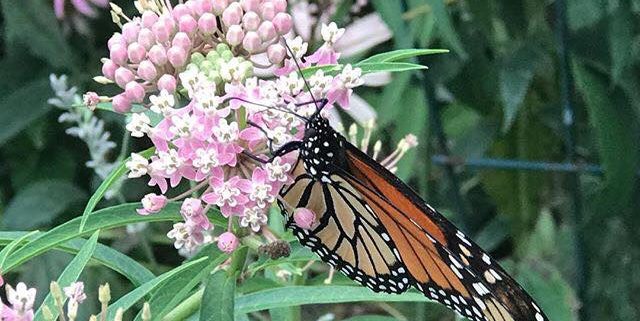Reston Association (RA) Stream Monitoring Workshop
Walker Nature Center
11450 Glade Dr., Reston VA
Wednesday, 14 August 2019
1-4 pm
It’s hot! What better way to enjoy summer than to get your feet wet in one of Reston’s streams? RA welcomes new volunteers to assist with stream monitoring at several locations. Get involved with a small team to collect data and identify insects with the goal of assessing the health of Reston’s streams. Not only do you get to learn about streams, it also provides an opportunity to make new friends! Learn more and register.
Wolftrap Creek Stream Monitoring Workshop
Wildwood Park, Vienna, VA
Valley Drive SE to Mashie Drive SE
Friday, 16 August 2019
5-7:30 pm
Join the Northern Virginia Soil and Water Conservation District as they discover aquatic life in Wolftrap Creek at certified monitor Ho Yeon’s site in Wildwood Park! This official NVSWCD stream monitoring workshop covers watershed health, what macroinvertebrates tell us about stream quality, and what you can do to prevent pollution in your local stream. This workshop will also help to prepare you to become a certified stream monitor. Registration is limited. Send questions to Ashley Palmer and RSVP here.
Holmes Run Stream Monitoring Session
Near Hockett Street, Falls Church VA
Sunday, 18 August 2019
9 am-12 pm
Join certified stream monitor Valerie Bertha at her site in Holmes Run. Registration is limited. Contact Valerie for more information or to register.
Pohick Creek Stream Monitoring Session
Hidden Pond Nature Center
8511 Greeeley Blvd., Springfield VA
Sunday, 18 August 2019
1:30-4 pm
Join certified stream monitor Susan Demsko at her site at Hidden Pond Nature Center. Registration is limited. Contact Susan for more information or to register.
Reston Association (RA) Stream Monitoring Workshop
Reston, VA
Saturday, 24 August 2019
8 -11 am
Cool off by getting your feet wet in one of Reston’s streams! RA welcomes new volunteers to assist with stream monitoring at several locations. Get involved with a small team to collect data and identify insects with the goal of assessing the health of Reston’s streams. Not only do you get to learn about streams, it also provides an opportunity to make new friends! Learn more and register.


